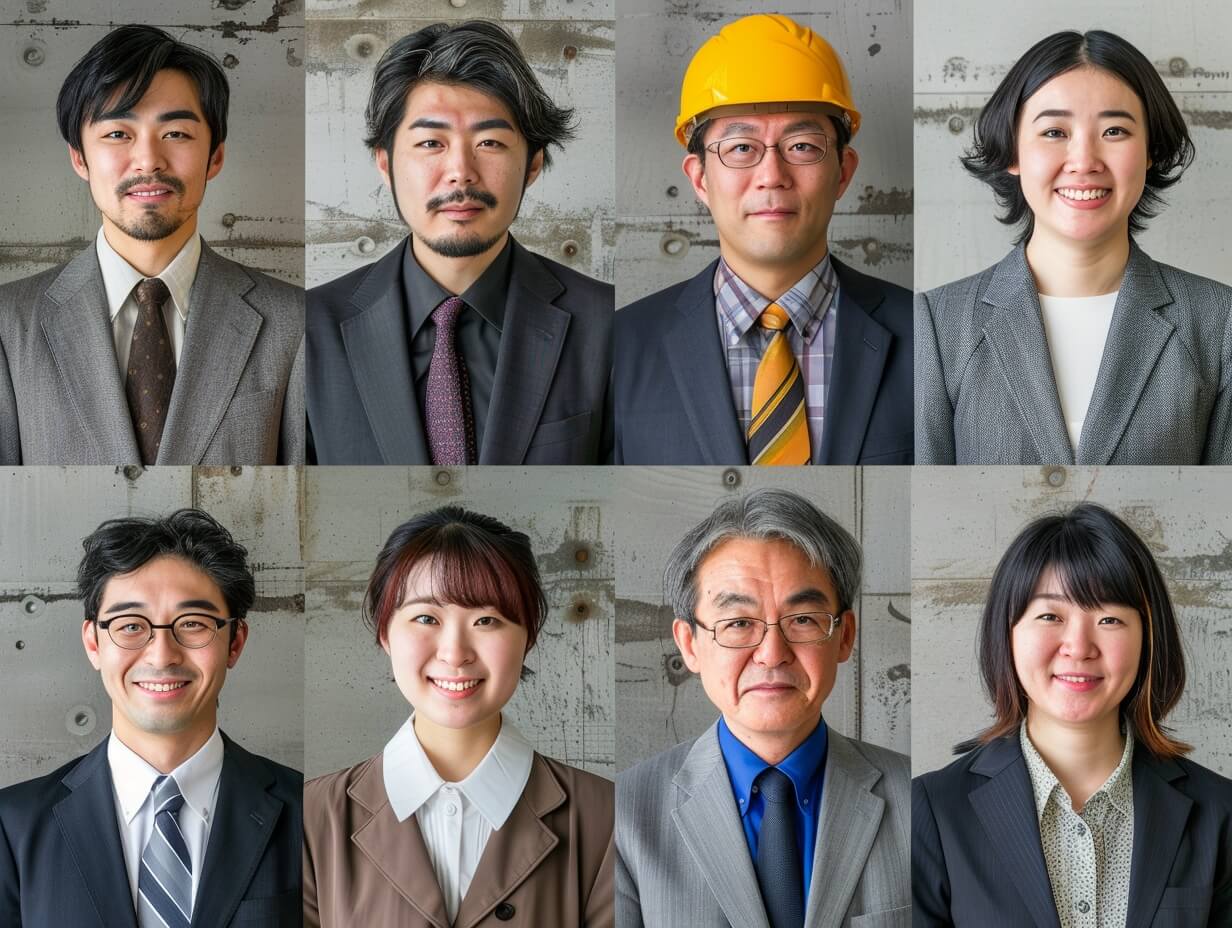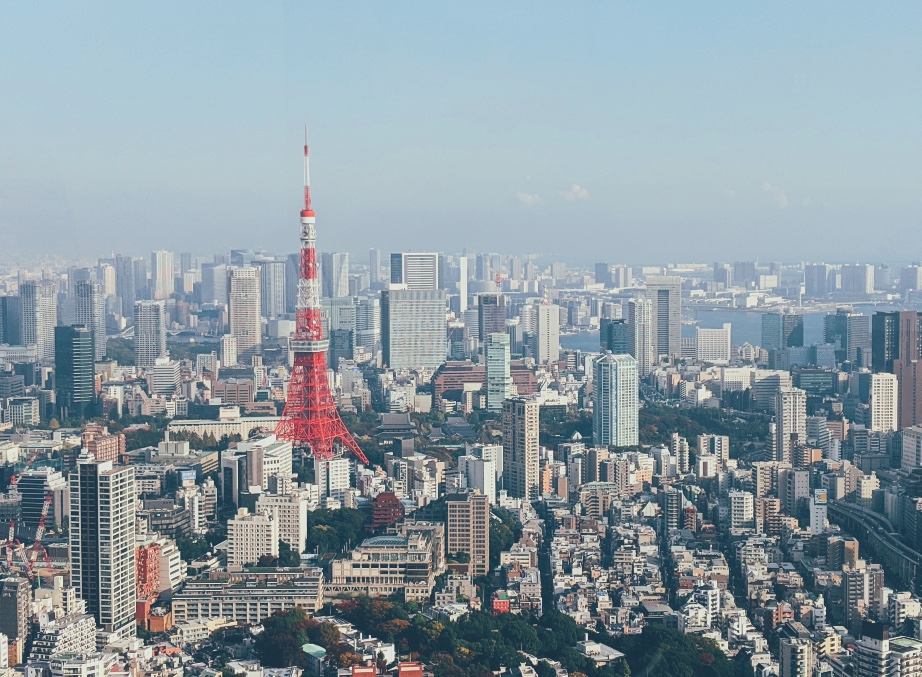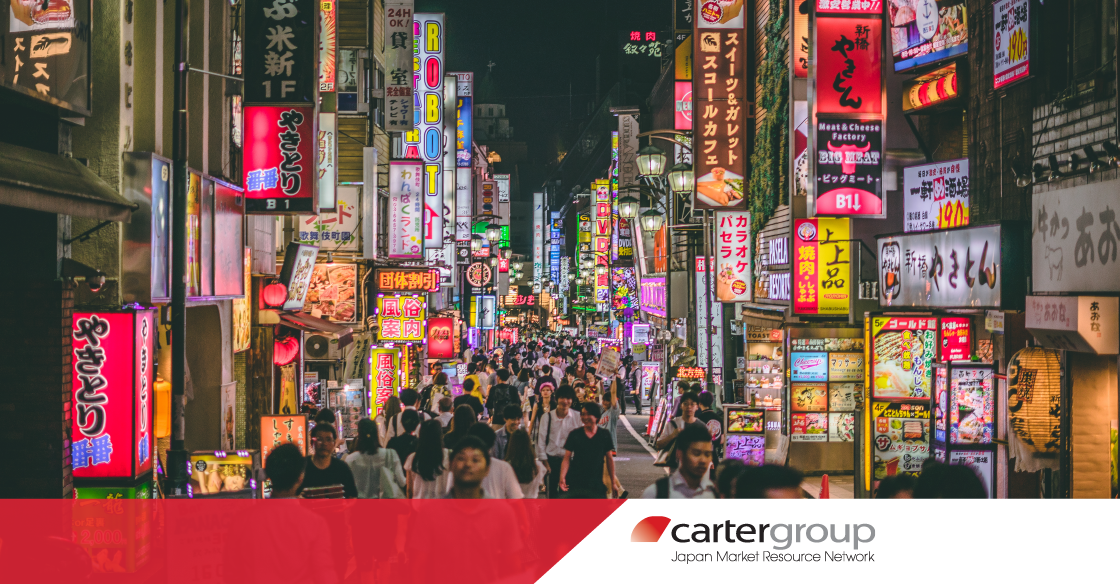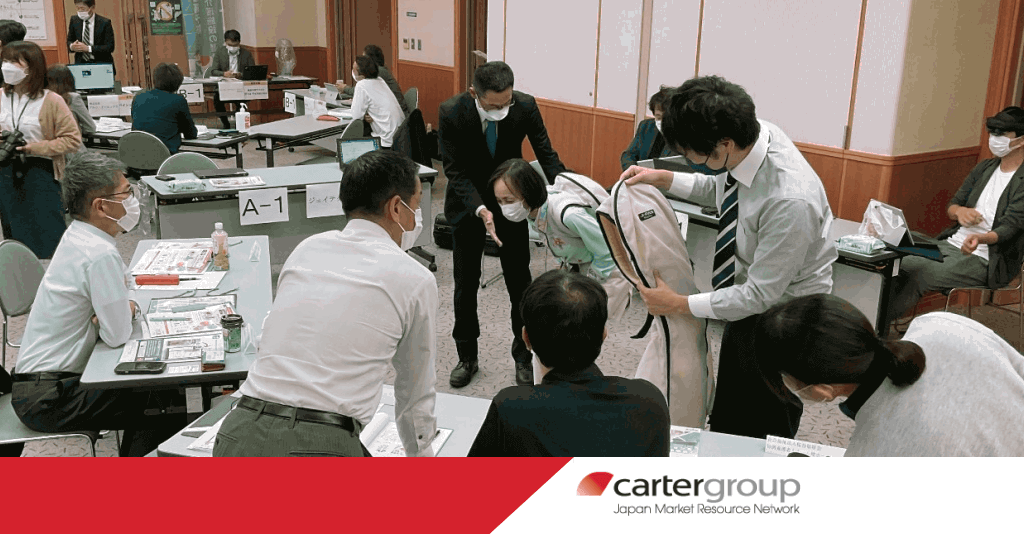While print media is still popular among seniors, more and more seniors are using the internet, smartphones, and social media to stay connected and informed.
Unmasking Japan | The Official Blog of CarterJMRN
Japan Mega Trends
Keep your finger on the pulse of major shifts with our coverage on Japan’s Mega Trends. From technological advancements to demographic changes, learn about the large-scale forces shaping the future of Japan’s economy and society. Understand these trends to position your business for success in a rapidly evolving landscape.

Consumer Insight Spotlight
We often hear Japan described as a ‘traditional’ society. That description certainly conjures up images of geisha walking down the streets and other well-worn tropes. That isn’t what you
Japan is meeting the era of Reiwa with unprecedented growth in the elder age brackets and declining numbers among the young.
Developing tech-enabled products and services that assist us as we age is a relatively new frontier. However, the vision of a world where people in advanced years can meaningfully
Over the past 10 to 15 years, Japanese marketers have wholeheartedly embraced the symbology of sustainability. Notions of ‘green’ and ‘eco’ and ‘human’ have proliferated in aesthetic terms.
Featured Blog
Latest Blog














